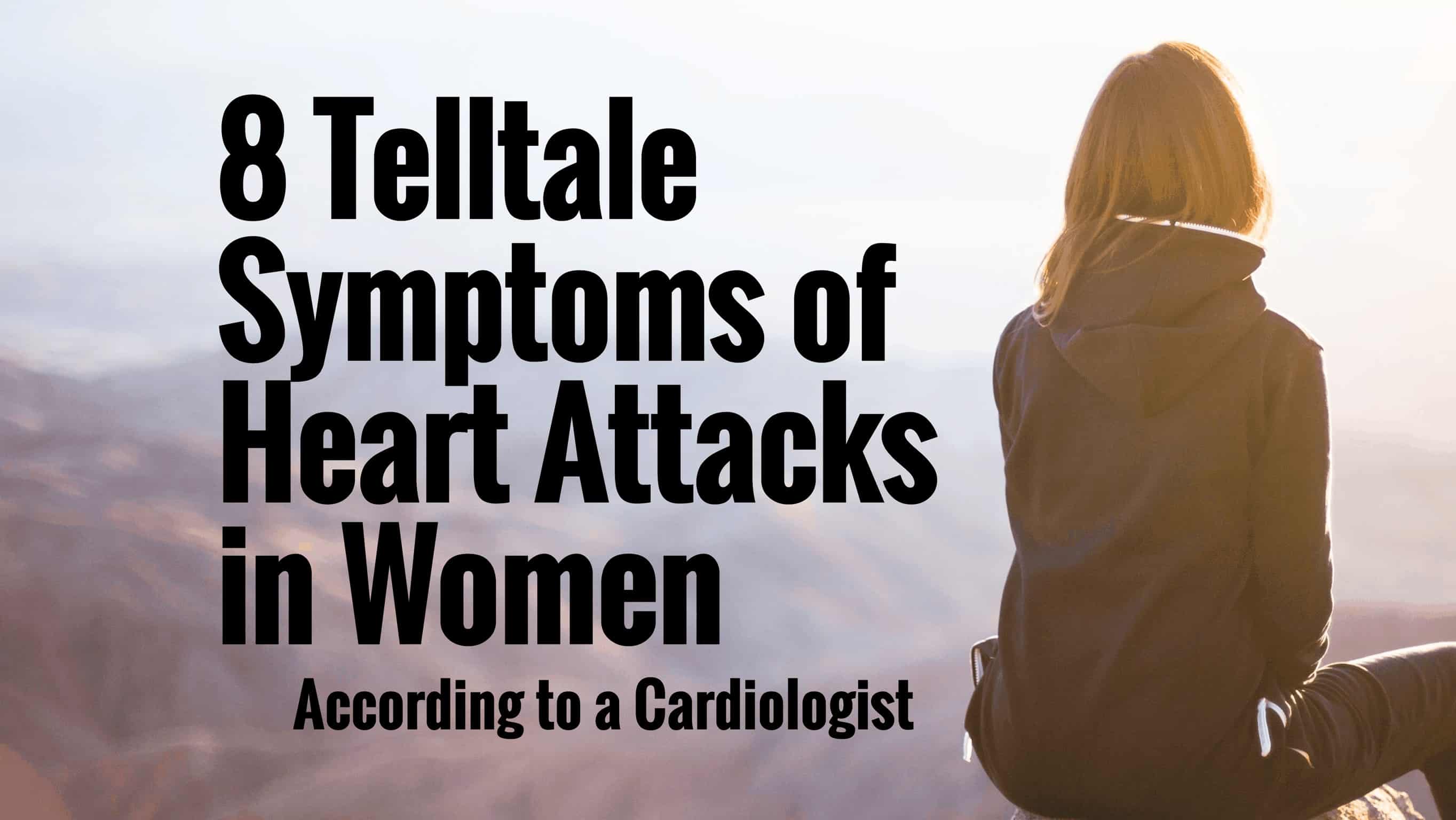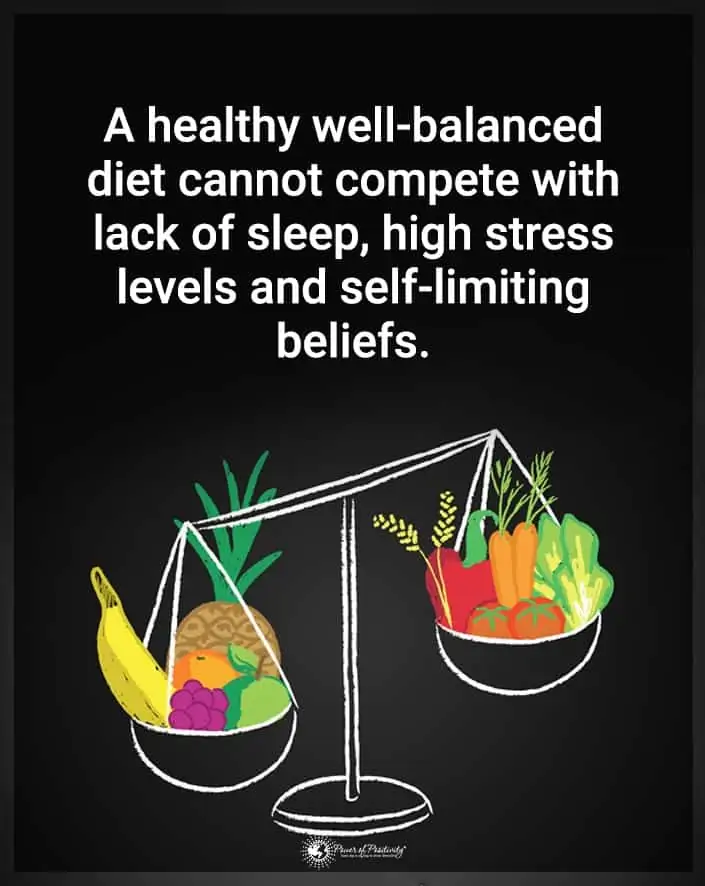Heart attacks can happen to anyone. But the symptoms of a heart attack in women are different than those in a male.
The American Heart Association explains that women are more likely to die from a heart attack than men are. One in three women die of a heart attack, and this high rate is likely due to the differing symptoms.
Most people know the common symptoms of a heart attack but don’t realize that women experience it differently. While chest pain is a sign, it isn’t the only one, and some women don’t experience it at all. Sometimes the pain feels more like pressure or heartburn than people realize, too.
A heart attack happens when the blood flow to your heart becomes disrupted. Research shows that women might experience symptoms for weeks before the attack, as they don’t typically occur suddenly. Plus, symptoms can seem to stop and then start again later.
According to the CDC, heart attacks are the leading cause of death in women in the United States. Knowing the silent signs of a heart attack in women can be life-saving. The sooner medical treatment begins, the more likely the person is to survive.
Symptoms of Heart Attack in Women
Do you know the main silent signs of a heart attack in women?
1. Chest Pain, But Not Always
As the most common heart attack symptom, chest pain seems to be the sign everyone waits for. While it is common, not everyone experiences chest pain or discomfort at all. Other people experience tightness, pressure, squeezing, or aching rather than the pain they expect.
Studies show that 42% of women who have had heart attacks did not experience any chest pain before or during the attack. Those that did experience pain didn’t always have it on the left side of their body, as most people believe happens.
When chest pain is present, it might ease or completely go away for a while. Then, it returns later that day or even more than a week later.
2. Unusual Fatigue
Women are often tired because they lead busy lives. Whether they work outside of the home, care for children and other family members, or run the home, women tend to be stressed. However, new or increased fatigue could be the first sign of heart attack in women.
Signs of fatigue to watch for include:
- suddenly becoming worn out after a typical activity
- you feel like you can’t exert yourself
- your chest feels heavy when you’re moving
Fatigue can occur anytime in the weeks leading up to the heart attack or just before it occurs. Even after resting for a while, the fatigue will still be present. The fatigue occurs as a result of the excessive stress to your heart when blood flow is blocked.
3. Pressure In The Lower Chest Or Upper Abdomen
Another sign of heart attack in women is pressure or discomfort in the lower chest or upper abdomen. Some women describe the feeling as being similar to a bra that is too tight.
Just like with chest pain, this pressure can go away for a while only to come back. If that happens to you, it could be a sign of a heart attack.
When the pressure happens in the lower chest area, many people mistake it for a stomach issue. Sometimes the discomfort seems to spread to other parts of your body, as well.
4. Jaw, Neck, Or Upper Back Pain
When there is an issue with your heart, it triggers nerves in that area and other areas of the body. You might experience pain in your jaw, neck, or upper back for no specific reason. If the discomfort or pain begins or worsens when you exert yourself, it’s a good sign of a heart attack.
This symptom isn’t as prevalent in men, but women often report the experience. The jaw pain typically occurs on the left bottom side, which is closest to the heart.
Pain in other parts of your body usually happens when the chest pain spreads. You might not even notice the chest pain first, though, so don’t rely on it as a warning. Sometimes the pain will happen suddenly and can even begin while you are sleeping at night.
5. Shortness Of Breath
Shortness of breath is an often-overlooked symptom of a heart attack in women. Since women’s bodies go through so many changes, it isn’t unusual to experience this symptom. It’s an important thing to watch for because it could be a serious indication.
The heart pumps oxygenated blood to your tissues and recycles oxygen-depleted blood through your lungs. This function can’t occur when the heart isn’t working properly, resulting in a lack of oxygen throughout your bloodstream. When this happens, you experience shortness of breath.
Leading up to a heart attack, a woman might experience shortness of breath without exertion. The breathless feeling will worsen as time goes on, as well. Plus, it might get worse when you lay down and improve when you are propped up.
6. Nausea Or Vomiting
When nausea or vomiting accompanies any of the other symptoms, it could indicate a heart attack. It’s often confused for food poisoning or other gastrointestinal problems, especially with upper abdomen discomfort.
Since the heart is your vital organ, the slightest blood flow problem can make you feel sick. If your heart isn’t getting enough blood flow, it starts to die, and your entire body suffers. You will feel an overall sense of being unwell, and your nausea will likely be intense.
7. Indigestion
Indigestion is a common symptom of a heart attack in women because the heart rests above the stomach. Sometimes, heart attacks are mistaken for indigestion, causing someone to believe they are fine. Indigestion typically eases when you rest, so if yours doesn’t go away, it could be something more serious.
If you experience indigestion that feels unusual or lasts for more than a couple of minutes, see a doctor immediately. Additionally, if you’ve never had indigestion before and it’s now regularly occurring, you should get it checked. Likewise, if intense indigestion happens suddenly, it could be a sign of a heart attack.
8. Fainting
Fainting, also known as syncope, is a serious warning that something is wrong, and it could be a heart attack. Feeling like you will faint isn’t normal, and it’s a sign of insufficient blood flow to the brain. This is especially true if it happens when you’re exercising or doing other strenuous activities.
If you feel weak or shaky, it could be a sign that you might faint. This feeling often occurs because of low blood pressure because the heart can’t pump enough oxygen. You might also experience anxiety, dizziness, or feeling lightheaded.
When to Call Emergency Services
Do you think you or someone else might be experiencing a heart attack? Act quickly! You should never ignore the signs of a heart attack.
At the First Sign of a Problem
If you think you or someone else might be having a heart attack, call emergency services immediately. Don’t wait to see if symptoms improve because it is better to call for help and be wrong than to wait. Every minute that you wait potentially causes more damage and could lead to death.
When Someone Experiences Upper Body Pain
Any chest discomfort or pain can indicate a heart attack. If it lasts more than a few minutes, call for help right away. If the pain spreads to the arms, back, neck, jaw, or stomach, don’t wait to call an ambulance.
If the Shortness of Breath Occurs with Other Signs
Shortness of breath with other issues can indicate a serious problem. Oftentimes, the person will break out in a cold sweat or feel faint and nauseous. If doing simple things like walking to the restroom causes the issue, call emergency personnel immediately.
The Person Becomes Extremely Weak
If someone suddenly becomes weak, it is a sign that oxygenated blood isn’t circulating. The person’s heartbeat might become irregular, and they could begin vomiting. Don’t assume these are signs of a virus, as it could be a heart attack.
Final Thoughts on Telltale Symptoms of Heart Attack in Women According to a Cardiologist
The symptoms of a full-blown heart attack in women differ from men, and the differences often lead to women not calling for help. A heart attack doesn’t happen suddenly, even if it might seem like it sometimes. There are usually signs in the weeks leading up to the event that indicates a problem is imminent.
Don’t wait to call for help if you think you or someone else is having a heart attack. The sooner help arrives and medical treatment begins, the higher the survival rate will be. Don’t diminish the symptoms and assume they are less serious or wait around to see if they get worse.
It is always better to call for help and get diagnostics tests to confirm you were wrong than risk losing a life. Every minute counts for heart disease, and knowing the symptoms of a heart attack in women can make all the difference. When you know what to watch for, you will immediately recognize any heart attack symptoms and know when to get help.



















